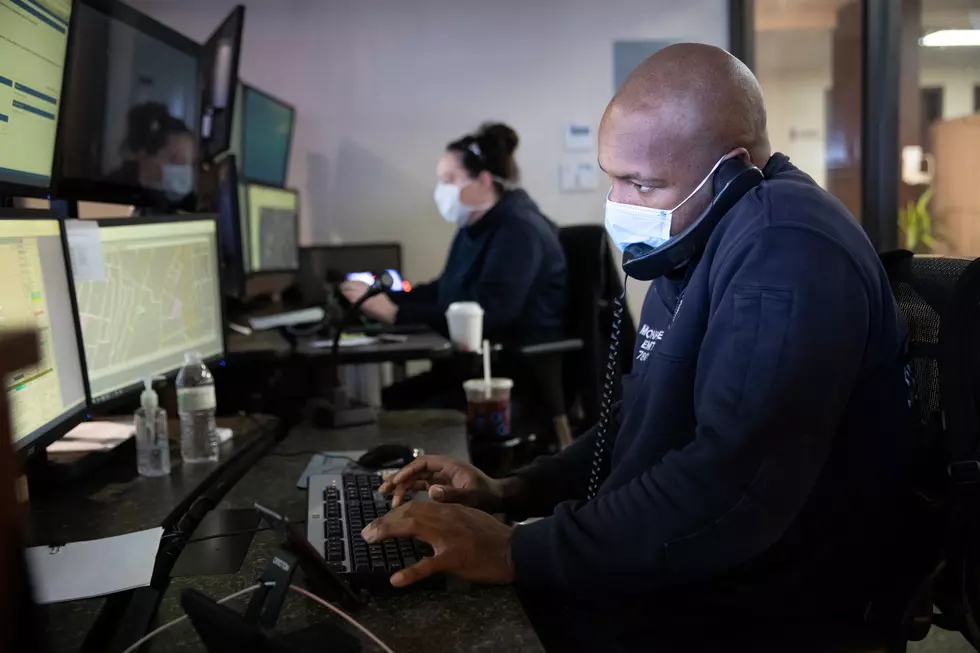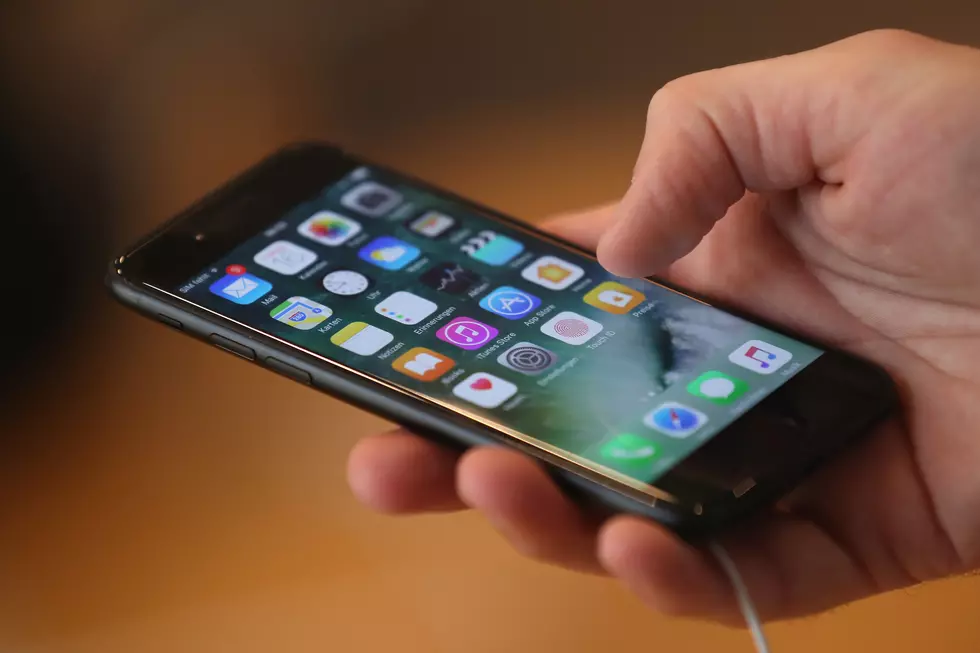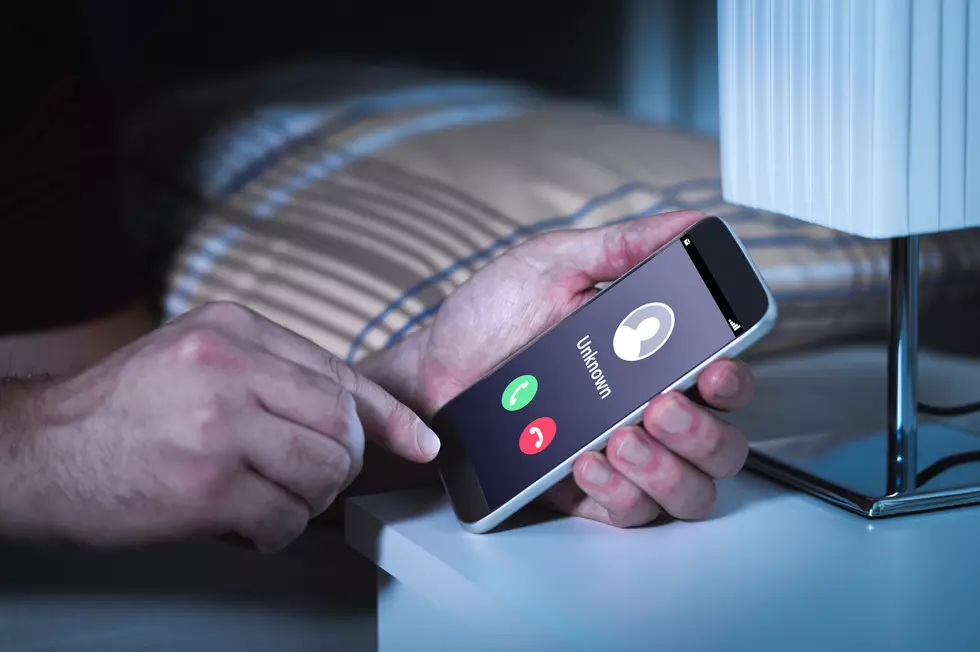
Louisiana Residents Warned About Returning ‘One-Ring’ Robocalls
The evil doers are at it again. This time with a rather unique twist on the already infuriating robocall. As you and I have gotten savvier in our ability to recognize a scam call when we see one, the scammers are already inventing new ways to get our money, before we even know they have taken it.
The latest twist on the robocall scam is called the "One Ring" or "Wangiri" phone scam. Here's how it works. The scammer or scammer's robocall program dials your phone and they let it ring one time. Naturally, most of us can't grab the phone that quickly so we see a "missed call" notification.
The natural tendency for almost all of us who use our phones for business is to call the number back. That's where the scammers get you. You see the number that you're dialing back to is often billing your phone for the time you spend on the line. Much like a "900" number would do.
Federal officials say many of the most expensive calls are those that have the country code "222". These calls have been linked to the West African nation of Mauritania. If you call the number back the scammers are well within their rights to charge your number for the call. So unless you like sending money to bad guys based in third world hell holes, don't call the number back.
In fact, here are some other great tips offered to folks like you and me from the Federal Communications Commission.
- Do not call back numbers you do not recognize, especially those appearing to originate overseas
- If you receive these calls, file a complaint at fcc.gov/complaints
- If you never make international calls, consider talking to your phone company about blocking outbound international calls to prevent accidental toll calls
- Check your phone bill for charges you don’t recognize.
Make sure you share this information and the aforementioned tips with older members of your family too. They are the ones most likely to fall prey to these kinds of scams. They are also most often the ones who can least afford the extra expenses.
More From 99.9 KTDY









